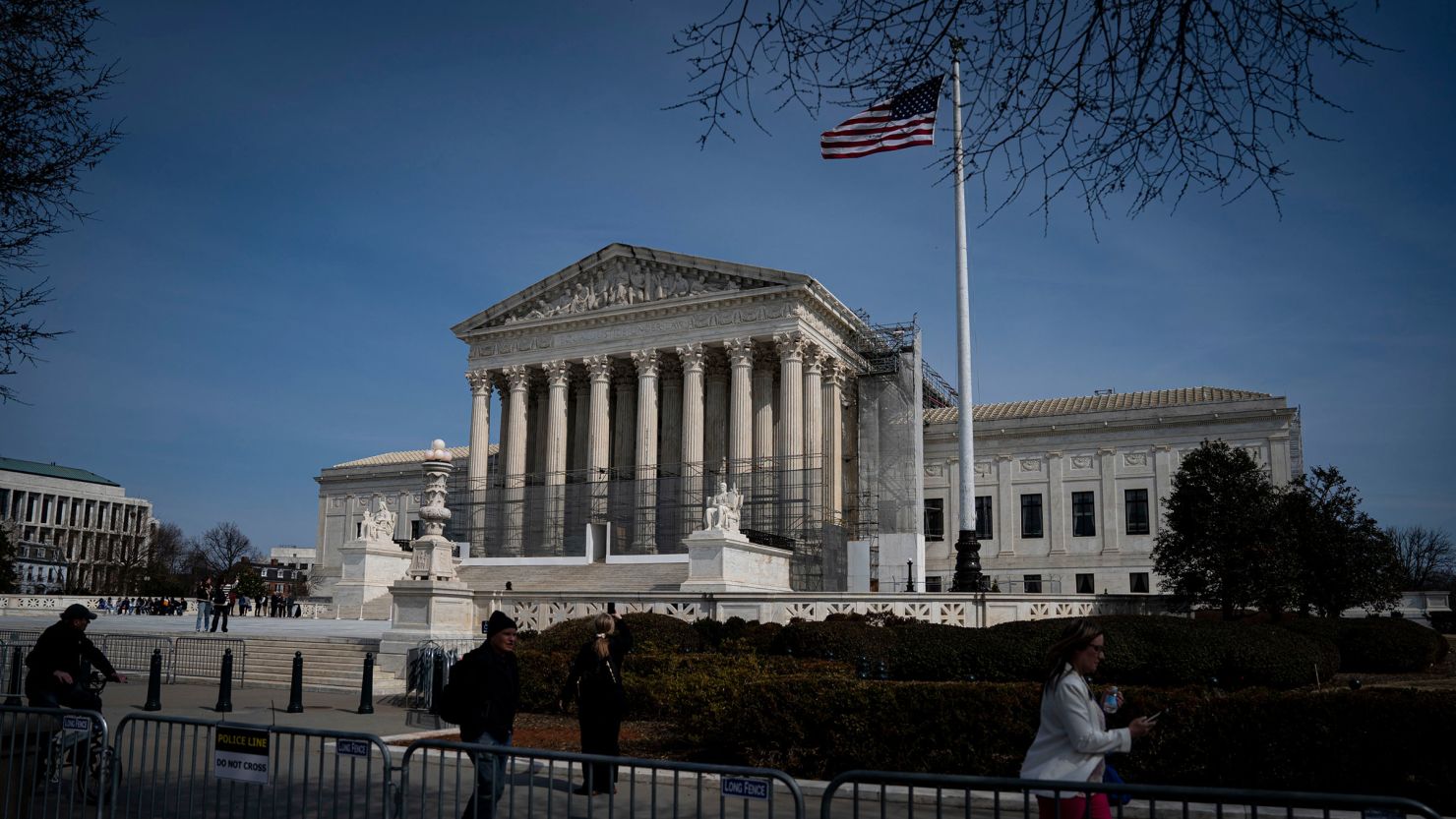On Friday, the Supreme Court blocked President Donald Trump from proceeding with deportations under the 1798 Alien Enemies Act for a group of Venezuelan immigrants in northern Texas. The Court sided with the migrants who feared imminent removal under the broad wartime authority the act provides.
This ruling is a major setback for Trump, who sought to use the law to speed up deportations and bypass the usual legal review process. However, the decision is temporary, and the deeper legal questions about the president’s use of the act will continue to be debated in federal courts nationwide.
The Supreme Court sent the case back to the 5th Circuit Court of Appeals to decide on the legality of the president’s action and how much notice the migrants must receive before removal. Two conservative justices, Clarence Thomas and Samuel Alito, dissented from the ruling.
The Court’s unsigned opinion criticized the government’s handling of the deportations and the approach of U.S. District Judge James Hendrix at earlier stages of the case. The Court referenced a prior case involving a Maryland man mistakenly deported to El Salvador, highlighting the seriousness of potentially irreversible deportations.
The ruling emphasized that the migrants’ interests are especially important and that proper legal procedures must be followed before removals occur. The Court found the administration’s 24-hour notice insufficient and lacking information on how detainees could contest their removal.
Lower courts across the country, including Texas, Nevada, and Colorado, have issued orders blocking the government from enforcing the Alien Enemies Act while lawsuits challenge its use. Some judges have ruled the president’s invocation of the act unlawful.
The Trump administration, fulfilling a campaign promise, invoked the act in mid-March to speed deportations of alleged Venezuelan gang members from Tren de Aragua. Hundreds of Venezuelans were quickly loaded onto planes to El Salvador, where they remain.
Following temporary blocks from lower courts, the administration appealed to the Supreme Court, which in April allowed continued use of the act but ruled migrants must receive notice and the chance to challenge deportation through habeas corpus petitions—a partial win for migrants.
READ MORE: HMD Global Prepares to Launch Vibe 2 with Major Upgrades
The American Civil Liberties Union (ACLU), representing the migrants, has filed several habeas petitions to protect those detained and others similarly situated. Temporary court orders have blocked deportations in various regions but only apply to specific jurisdictions.
In mid-April, some Venezuelan detainees in northern Texas, not covered by earlier orders, received deportation notices with less than 24 hours’ warning. The ACLU argued this notice did not comply with the Court’s standards for due process.
Two migrants filed a habeas petition in a Texas federal court seeking to block their deportations and protect others. Judge Hendrix, appointed by Trump, denied the request, stating the government said it did not plan to remove them imminently.
The case returned to the Supreme Court, which in April temporarily blocked further deportations in Texas, extending the freeze on removals nationwide. Justice Samuel Alito, joined by Clarence Thomas, dissented, criticizing the Court’s intervention before lower courts completed their work. Justice Brett Kavanaugh agreed with the decision but preferred a faster, full hearing by the Court.
The legal fight over the use of the Alien Enemies Act and the rights of targeted immigrants is ongoing, with courts across the country wrestling with the complex questions of legality and due process.



